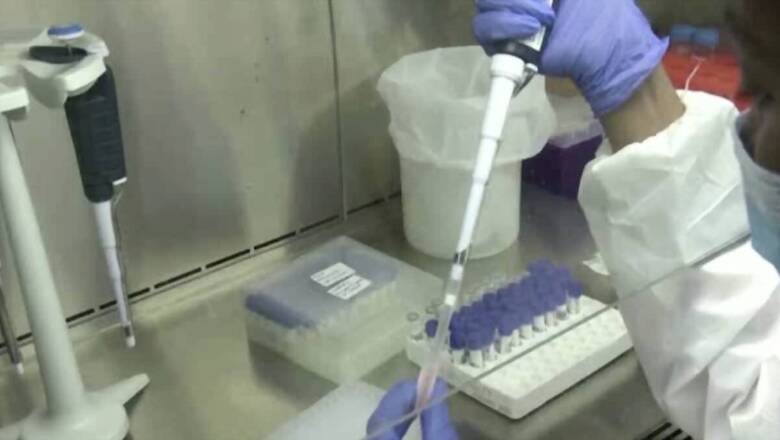
views
Two suspected cases of the deadly Nipah virus (NiV) have been reported in Kerala’s Calicut, after two people died with fever.
The deaths took place in a private hospital, and a relative of one of the deceased is also reported to be in critical condition.
This patient’s test result will be out tomorrow.
Nipah is a zoonotic virus, which means it first originated in animals and then jumped to humans, among whom it causes a serious respiratory infection and encephalitis, or brain fever.
In keeping with the unofficial tradition of naming a virus after the place where it was first detected — something that the World Health Organisation (WHO) has sought to change by coming up with Greek letter names for Covid-19 variants — Nipah was named after the village in Malaysia where the first cases of the then unknown disease were detected in 1998-99. Singapore, too, was identifed as having been affected by the first detected cases of Nipah virus.
The natural host of the Nipah virus is considered to be the fruit bat — also known as flying foxes — of the Pteropodidae family. These bats live in trees and are found commonly throughout South and Southeast Asia in close proximity to “markets, places of worship, schools and tourist spots”.
HOW DOES THE DISEASE INFECT AN INDIVIDUAL?
There are various ways that Nipah virus can spread. It is primarily believed to infect humans when they consume fruits or drink raw date palm juice — the date palm tree is seen as being a favourite of the fruit bat — contaminated by the saliva or urine of an infected fruit bat. Cases of Nipah infection have also been seen among people who climb trees occupied by bats.
Then, there is transmission via an intermediate host. The outbreak of 1998-99 in Malaysia-Singapore is believed to have been seeded via contact of humans with sick pigs or their contaminated tissues. “Transmission is thought to have occurred via unprotected exposure to secretions from the pigs, or unprotected contact with the tissue of a sick animal,” WHO said.



















Comments
0 comment